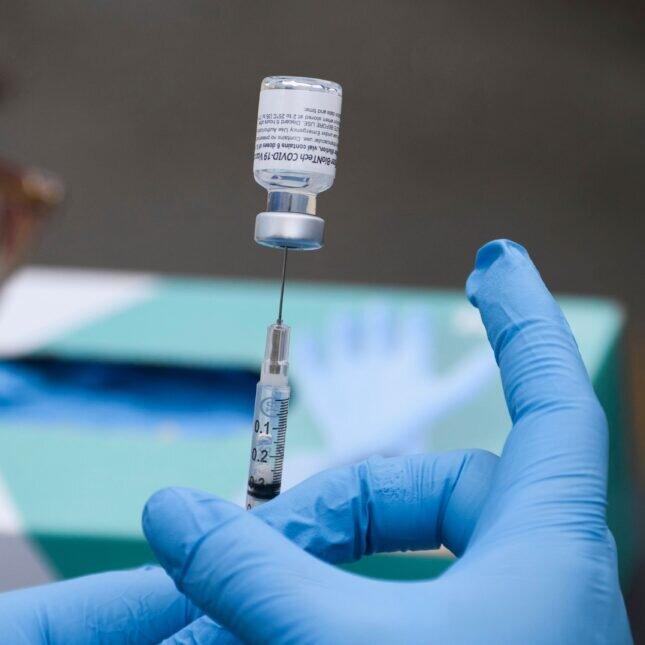While countries all around the world are struggling to administer the COVID-19 vaccine, the United States has just started allowing people over the age of 65 to receive a booster shot. Many question whether or not it would be more ethical to help administer vaccines in other countries rather than providing a third shot in the U.S.
According to Bloomberg’s vaccine tracker, Guatemala has administered 6.98 million doses of the vaccine which is enough for a little under 20% of the population. In contrast, the United States has administered 394 million doses, about 61% of the population. In Africa’s Democratic Republic of Congo, 135 thousand doses have been administered, covering less than 1% of the population.
An article for Nature stated, “If people over the age of 50 received a booster shot in the 11 richest countries they would use up 440 million doses of the global supply. That number doubles if all the high income and upper-middle income countries do the same.”
Recently, Axios reported that the U.S. won’t allow entry of international travelers who have received the Russian Sputnik V vaccine. This decision affects millions who will receive the Sputnik V vaccine because, “Russia has plans to distribute its vaccine to around 70 countries.” This could mean people won’t get vaccinated because they’re being refused entry elsewhere. There’s also questions about how effective they are against variants of the Coronavirus.
According to Nature, a San Francisco-based health policy organization, “Finds that low-income countries won’t achieve substantial levels of protection until at least 2023, at current vaccination rates. Almost all of the roughly 3.2 billion mRNA vaccine doses expected this year from manufacturers Pfizer–BioNTech and Moderna in Cambridge, Massachusetts, have been purchased by the United States and Europe, according to the London-based analytics company Airfinity,” and that pace of vaccination in low-income countries needs to increase 19-fold to inoculate 40% of those nations’ populations by the end of the year, the report says.
With the USA and Europe buying up vaccines for people to receive a booster shot, they’re making it more difficult for people in other countries to even receive their first shot. Within the United States, former Director of the Center for Disease Control, Dr Thomas Friedman, found that, “Among Americans who said they were willing to get the vaccine, the higher a person’s income, the more likely the person was to be vaccinated.” The New York Times also stated that the virus will continue to circulate and that it could, “Mean a concentration of cases, hospitalizations and deaths in low-income, disproportionately non-white populations.”
A lack of vaccinations in the United States and elsewhere in the world will result in the Coronavirus continuing to spread. With that, the threat of another variant developing comes, as seen with the Delta variant. While trying to avoid more outbreaks that will prolong the pandemic, it is important to ask if the U.S. should be outreaching with the vaccine.





![[Both photos courtesy of sonoma.edu]
Ming-Ting Mike Lee stepped in as the new SSU president following Sakakis resignation in July 2022](https://sonomastatestar.com/wp-content/uploads/2024/04/CC4520AB-22A7-41B2-9F6F-2A2D5F76A28C-1200x1200.jpeg)


























